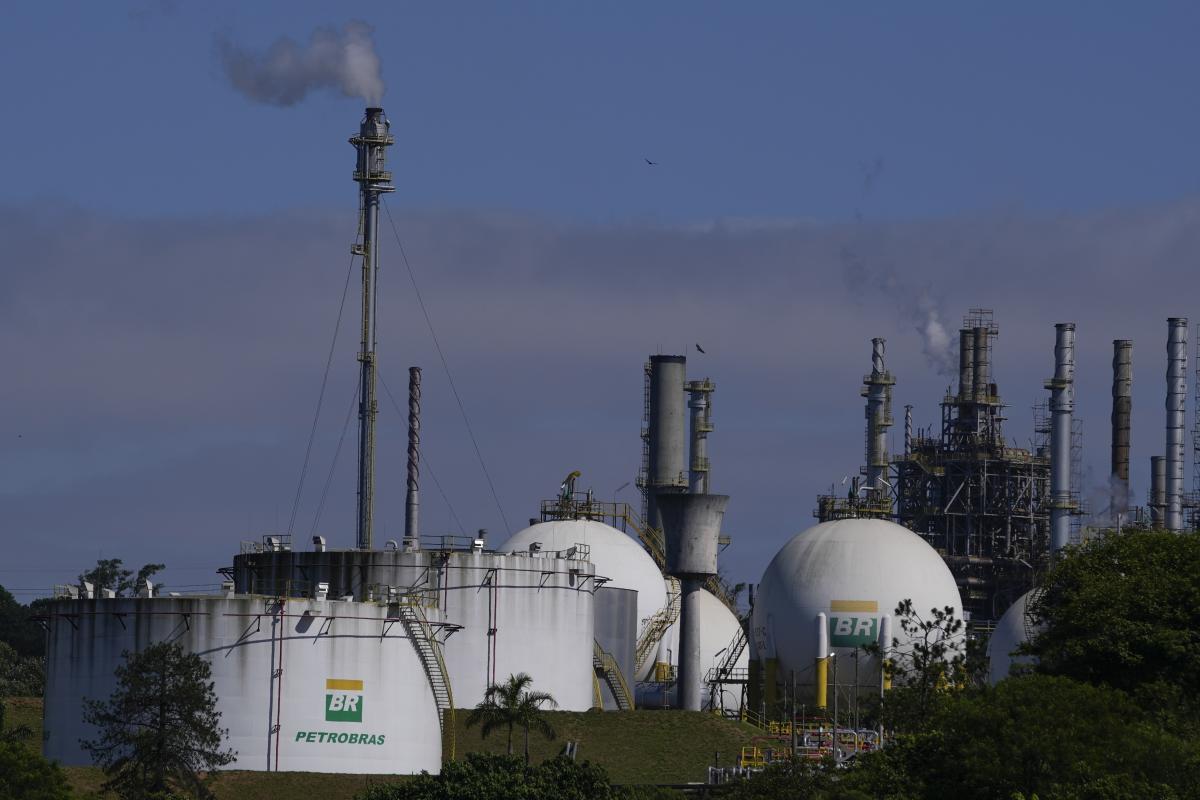Dubai, United Arab Emirates (AP) — Al-Jaber, president of COP28 and head of the Abu Dhabi National Oil Co., announced that fifty oil companies representing nearly half of global production have committed to achieving near-zero methane emissions and ending routine flaring in their operations by 2030. The move, however, has been labelled a “smokescreen” by environmental groups. Reducing methane emissions could play a significant role in slowing global warming, and if the companies fulfill their pledges, it could help mitigate future temperature rise. The announcement was made as part of the United Nations climate talks, with Al-Jaber emphasizing the need for industry buy-in to reduce greenhouse emissions.
Major national oil companies and multi-nationals have signed onto the pledge, with Al-Jaber noting that more can and must be done to mitigate emissions. While the methane deal represents a potentially significant step in combating climate change, many environmental groups criticized it, calling it a distraction from the need to phase out oil, gas, and coal.
Al-Jaber stressed the importance of reducing methane emissions, noting that while it is a smaller contribution compared to other sectors, taking fast action to reduce methane is considered “low-hanging fruit.”
Stricter regulations to reduce methane emissions are beginning to take hold in countries like the United States and the European Union. However, the announcement did not address so-called Scope 3 emissions, which are related to the end use of oil and natural gas. Overall, the move highlights a significant commitment by oil companies to take steps toward reducing methane emissions and addressing climate change.


